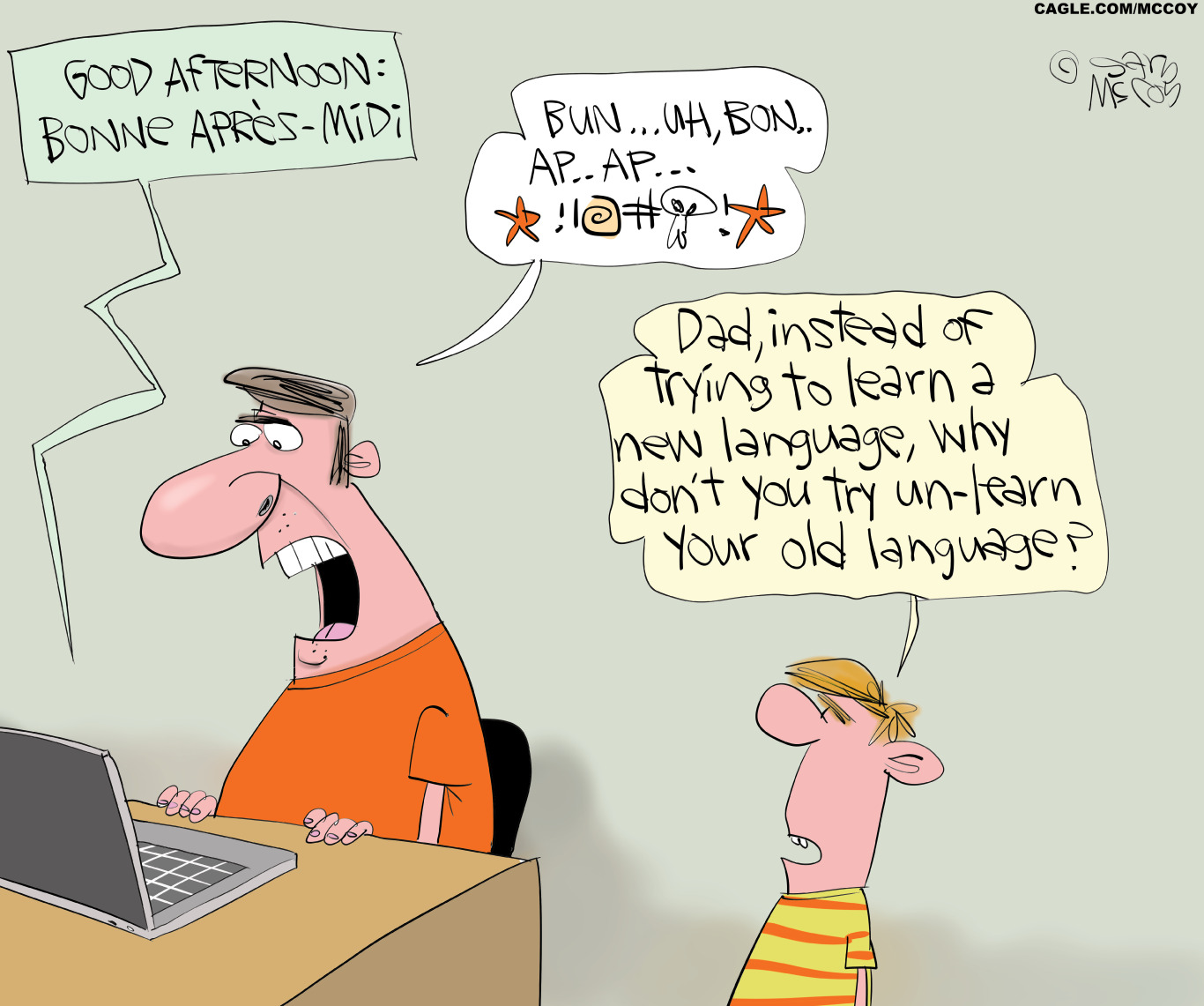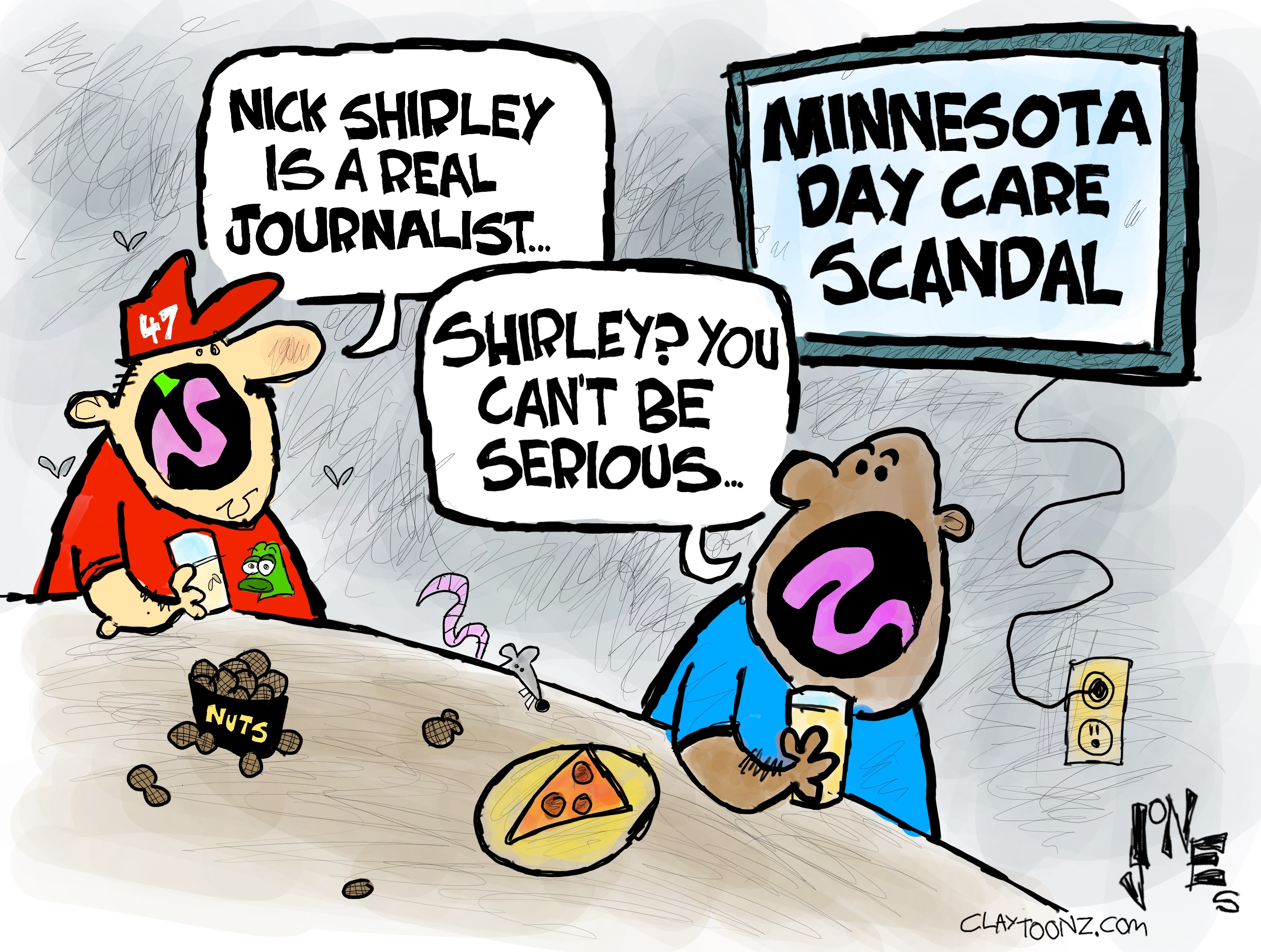Why your salary should be public knowledge
In America, private-sector salaries are treated as secrets. Why?


Starting in 2017, we're going to know the gap between what most public corporations pay their CEO, and what they pay their median workers. That's thanks to a rule built into the Dodd-Frank financial reform law, which the Securities and Exchange Commission finalized on Wednesday.
There are a lot of possible issues here: the costs and complexities of compliance, how accurate the disclosures will be, and what we intend, think, or hope the rule will accomplish. But there's also an interesting reality underneath — namely, that the information is difficult to get in the first place. The compensation of CEOs has been public knowledge for a while, but we usually don't know the pay for normal workers. Moreover, lots of Americans have a deep cultural aversion to making that information known. That's where the "median worker" comparison comes in: The only personal information the rule gives out is the CEO pay. The worker pay figure is a statistical amalgamation.
So why is information about incomes — something so central and consequential to our lives — actually rather hard to come by at the aggregate level? Why do we have this severe cultural allergy to revealing or discussing what we're paid with one another?
The Week
Escape your echo chamber. Get the facts behind the news, plus analysis from multiple perspectives.

Sign up for The Week's Free Newsletters
From our morning news briefing to a weekly Good News Newsletter, get the best of The Week delivered directly to your inbox.
From our morning news briefing to a weekly Good News Newsletter, get the best of The Week delivered directly to your inbox.
More pointedly: What would change, and would things be better, if all Americans' pay was common knowledge?
First, however, a lot of pay information already is public. It's known when unions are involved, since pay is collectively bargained for. The pay for a lot of public-sector employees and people working in institutions like universities is also available. And of course there's the aforementioned CEO pay. "It's really that middle ground in private-sector organizations where secrecy is seen as the right way to manage," Ed Lawler, a professor at University of Southern California's Marshall School of Business, once told U.S. News and World Report.
The institutional and informal culture that reinforces that secrecy can be intense. Half of all U.S. workers told one 2014 report that they were either explicitly forbidden or strongly discouraged from talking about pay with coworkers. Just within the private sector, it was 61 percent of workers. An older 2001 survey of employers in the private sector found one-third of them had specific policies banning workplace discussion of paychecks.
This is despite the fact that any such workplace rules are illegal under the National Labor Relations Act. President Obama even reinforced the point in 2014, when he signed two executive orders: one forbidding federal contractors from retaliating against employees who discuss pay, the other requiring those contractors to provide data on how they compensate their workers, including by race and sex.
A free daily email with the biggest news stories of the day – and the best features from TheWeek.com
Experts suggest certain intermediate steps workplaces can take, short of just posting everyone's salary on the proverbial break room board. These include providing depersonalized pay ranges (more granular versions of the "median worker" statistic) and very clear frameworks for expectations, deliverables, and what metrics or milestones can move employees up the income ladder.
But then, why not just post all the salaries to the break room board? This possibility often generates resistance even from researchers and economists and such who generally support greater openness. American political discourse often treats offices, businesses, and companies as "black boxes." We rarely treat the workplace itself as an arena for politics — not in the sense of debating presidential elections over the water cooler, but in the sense of seeing our relationships to our coworkers, our bosses, our owners, and the broader array of such actors throughout all businesses as themselves worthy of political analysis, judgment, and conflict. We fear the dissension and organizational discord that openness could create.
This is revealing: So much political talk treats incomes and paychecks and compensation as dry matters of economic theory. "Marginal productivity of labor" and "skills-biased technological change" and so forth. But every workplace really is a miniature community as well, beset by all the attendant questions of loyalty, justice, trust, morality, fellow-feeling, decency, compassion, and (most importantly) power.
While research has not been able to find a solid link between openness about pay in the workplace and greater equity in pay, it does suggest a connection. "Companies that are more forthcoming about their compensation policies and practices tend to have smaller gaps with respect to gender, race, ethnicity, and protected groups statuses of different kinds," said Cornell economist Stephanie Thomas, in a 2014 interview with RadioTimes. "And really even just general equity overall without respect to protected groups." Maybe pay secrecy holds off the communal instincts and sympathies that push towards egalitarianism.
Moreover, we treat pay as a measure of "merit," which exacerbates the cultural anxiety. As Lawler observed, if you're paid a lot and you talk about it, you're a braggart. If you're paid little and it is revealed, it's a mark of shame.
This is, of course, ridiculous. People are not paid for how productive they are but for how replaceable they are. Employers don't take money that could go to profits, and give it to workers instead, simply on principle. They'll do it if they feel they have to, lest the company lose something it could not easily find for lower pay elsewhere. This is why macroeconomic policies geared towards full employment and tight labor markets can drive up incomes for all, regardless of any individual's "work ethic." If employers are competing for workers, rather than workers competing for jobs, compensation will increase.
"Pay for performance," which increasingly dominates American workplaces, may seem straightforward. But it's actually hopelessly riddled with subjectivity. You can't really quantify the difference between a "good" employee and an "excellent" one. Employers understandably fear that employees won't understand pay decisions or the logic behind them, or that they'll jump to conclusions.
But this sword cuts both ways, and raises questions about why we as a society have designed workplaces as hierarchies rather than democracies. If this stuff is subjective, why is it left to the employer to sort it out? The point here is not to ferment revolt. It's simply to acknowledge that a whole host of intrinsically subjective moral and philosophic assumptions about the legitimacy of hierarchy, the reality of merit, and the nature of ownership form the invisible latticework in which these discussions occur. (Or don't occur.) And that latticework shapes and limits the places those discussions can go.
American culture remains deeply committed to the idea that what we're paid can, does, and should correspond with some notion of objective "merit." Arguably, we resist making everyone's pay public because we intuit that doing so would completely destroy that cultural consensus.
Lately, when we've been willing to risk opening that Pandora's box, it's been because of identity political issues like pay equity between men and women. (Obama's executive orders were in reaction to the gender pay gap, for example.) But the class divide itself is really where we fear to tread.
Jeff Spross was the economics and business correspondent at TheWeek.com. He was previously a reporter at ThinkProgress.
-
 Political cartoons for January 4
Political cartoons for January 4Cartoons Sunday's political cartoons include a resolution to learn a new language, and new names in Hades and on battleships
-
 The ultimate films of 2025 by genre
The ultimate films of 2025 by genreThe Week Recommends From comedies to thrillers, documentaries to animations, 2025 featured some unforgettable film moments
-
 Political cartoons for January 3
Political cartoons for January 3Cartoons Saturday's political cartoons include citizen journalists, self-reflective AI, and Donald Trump's transparency
